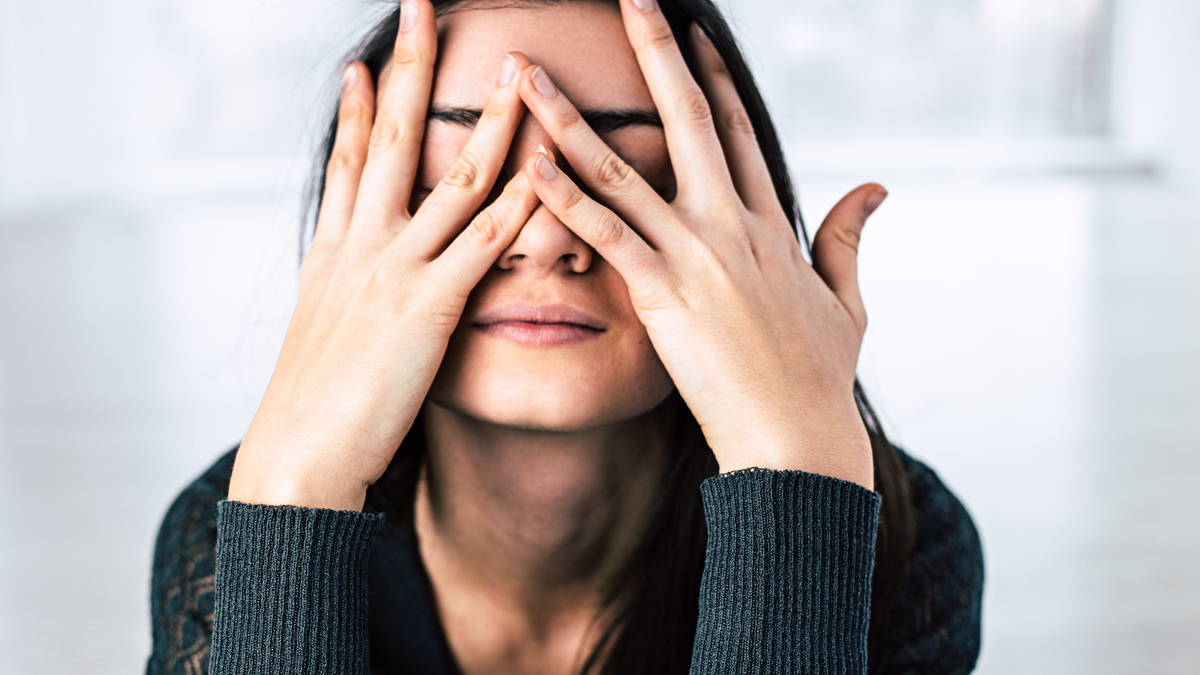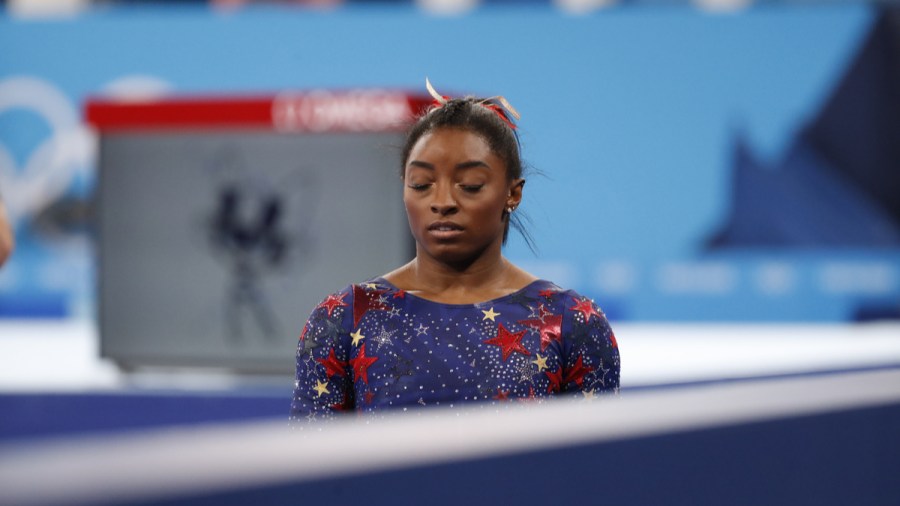Following Simone Biles’ brave decision to withdraw from several events at the Tokyo Olympic Games to prioritise her mental wellbeing, we hear from Dr. Jane McNeill, Chartered Psychologist at one of the UK’s leading mental healthcare providers, Clinical Partners, who discusses what we can all learn from Simone about prioritising our own mental health…
Simone Biles is an exceptional athlete, set to become the most adorned gymnast ever. At just 24-years old, she has a total of 30 Olympic and World Championship medals and is regarded by many as one of the greatest gymnasts of all time. The build-up for Biles’ performance was immense; she was the favourite and the stakes were incredibly high. In July, the four-time defending Olympic champion took a brave stance, pulling out of the team final and the individual all-around final after encountering “the twisties” – a sensation where gymnasts lose their sense of spatial awareness – which are extremely dangerous in such a physically demanding sport. Biles, who is diagnosed with ADHD, has since talked
about needing to take some time out to prioritise her mental health.

Pressure and excess stress can quickly damage your mental health.
Mental health struggles: ADHD and added pressures
The immense pressure that comes with competing for your country would be a challenge for anyone. But people with ADHD are often extremely passionate and feel the full range of emotions very intensely. Therefore, it can be even more difficult to manage the pressure and their feelings when under such high levels of scrutiny.
Often people with ADHD also experience Rejection Sensitive Dysphoria (RSD). This is an intense sensitivity to the impression of being rejected, harassed, or criticised. This can cause severe emotional pain and is often triggered when someone is unable to reach the standard they set for themselves, or is set for them by others. People experiencing RSD often hide the condition, as many feel intense shame about their perceived lack of control and fear further judgment and ridicule. The intensity of these feelings can often be crippling in everyday life, so we can only imagine the levels felt when your life plays out on the world stage as it did for Biles.
This makes her decision, knowing the level of criticism she would likely receive for withdrawing, incredibly courageous. Despite the intense scrutiny, Simone bravely faced the world’s media to discuss what happened. “After the performance I did, I just didn’t want to go on. I have to focus on my mental health. There were a couple of days when everybody tweets you and you feel the weight of the world.”
Simone Biles reminds us that Olympians are only human
Being an Olympic athlete is an incredible achievement. But, it comes with a huge amount of responsibility that is placed on the individual. The sense of duty they feel towards their team and their nation can be overwhelming. Plus, all of this plays out in front of a global audience. It’s not hard to see how the individual’s own needs can be forgotten. Like all Olympians, Simone Biles is an amazing young woman with extraordinary talent. However, that’s not to say she is immune to experiencing poor mental health. She is human, like the rest of us.
To be ‘the best’ at anything requires dedication, ability, and drive, whatever our talent. For athletes, perfectionism is often what is required day in-day out. Imagine that pressure, especially in a world of social media. We tend to place unrealistic expectations on people and expect our heroes to be perfect, but Biles showed courage in not only showing that she is not, but modelling how to deal responsibly with mental health challenges.
Perfectionism is a trait often associated with depression and anxiety and can result in poor mental health, as anything less than perfect can feel like a failure. Those who are consistently striving for perfectionism could learn a lot from Biles’ actions and use it as a reminder that we are good enough, despite our perceived flaws or ‘failings’.

Simone Biles reminds us all that athletes and Olympians are only human.
The key to positive mental health is balance
It’s important that we spend time doing things out of enjoyment, rather than striving for perfectionism. The added pressure that comes with perfectionism leaves us with little chance to feel good about ourselves. It can also impair our performance and hinder our self-esteem. If your self-worth becomes tied up in your high standards of achieving perfection, this is likely to take its toll on your mental health. This can sometimes leading to social isolation, low self-esteem, depression, poor sleep, and a persistent sense of failure. If you consistently set unachievable standards for yourself, it’s time to take a step back, and begin to consider your mental wellbeing.
Work smarter, not harder, to achieve your goals
Becoming self-aware provides you with choice. At Clinical Partners, I work with many individuals who face challenges around their career. However, working effectively in a sustainable way is imperative, and it’s crucial to not consistently put pressure on yourself. Give yourself regular breaks, take time off if you need it and remember to do something pleasurable every day, even if it’s just for 10 minutes. Get some fresh air, breathe, talk to friends and family, look after yourself physically and mentally. Do what works for you. Everyone is different. Some find mindfulness helpful, or exercise to raise those endorphins. Whatever it is, do it for its own sake, not because it’s about achievement.
If you notice you’re struggling to make decisions, relying too much on others for reassurance, procrastinating more than usual, not knowing when to stop, excessive checking, avoiding situations in which you fear you may fail, take a step back and take some time to get some perspective. Be aware of when you’re doing too much, and you need to take stock and focus on your mental health.
Simone Biles rightly chose to focus on her wellbeing, even if that meant making a difficult and potentially unpopular decision. We can learn from her exceptional bravery and understand that it is okay to say you’re not okay.







